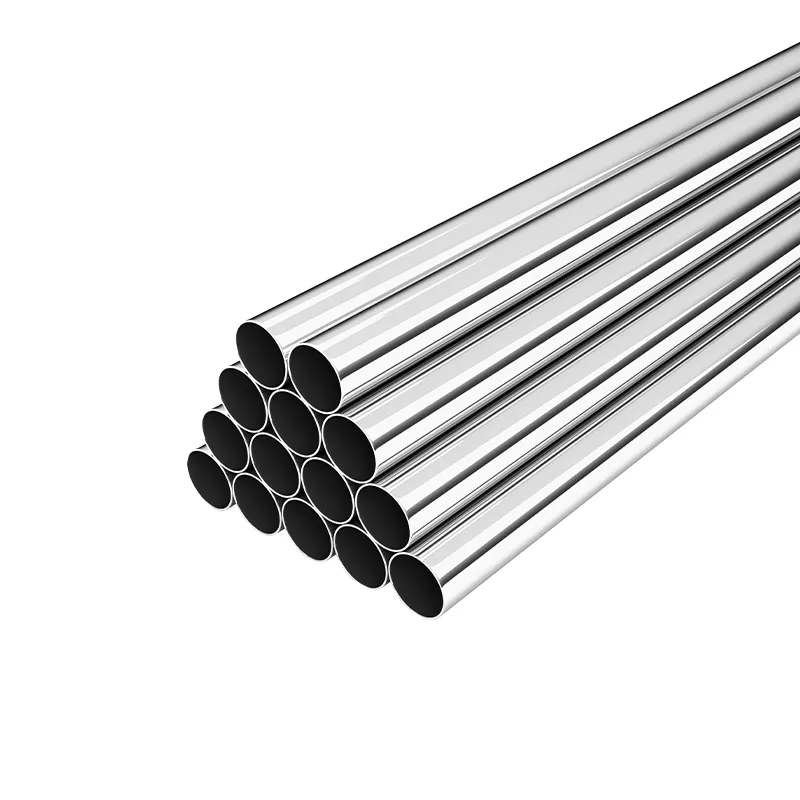
The Importance of Automotive Parts Remanufacturing
In recent years, the automotive industry has faced increasing pressure to become more sustainable and eco-friendly. This shift in focus highlights the significance of automotive parts remanufacturing as a viable solution to reduce waste, conserve resources, and maintain high-quality standards in vehicle performance. Remanufacturing refers to the process of rebuilding and restoring used automotive parts to their original specifications, ensuring both performance and reliability while minimizing environmental impact.
One of the primary benefits of remanufacturing automotive parts is the reduction of waste. Traditional manufacturing processes often result in significant amounts of scrap material and discarded parts, contributing to landfill overflow and environmental degradation. In contrast, remanufacturing takes used components—such as engines, transmissions, and brake systems—and refurbishes them, which helps extend their life cycle. This not only diverts waste from landfills but also reduces the demand for raw materials, ultimately leading to lower energy consumption and decreased carbon emissions.
Moreover, remanufactured parts generally offer a cost-effective alternative to purchasing new components. Consumers and businesses looking to maintain their vehicles can save significant amounts by choosing remanufactured parts without sacrificing quality. These parts undergo rigorous testing and quality control processes to ensure they meet or exceed OEM (Original Equipment Manufacturer) standards. As a result, drivers can maintain their vehicles' performance and reliability while benefiting from substantial cost savings.

The economic aspect of automotive parts remanufacturing is also noteworthy. The remanufacturing industry creates jobs and stimulates local economies. Facilities engaged in this process often require skilled labor for disassembly, cleaning, inspection, repairing, and reassembly of parts. By fostering job creation in this sector, remanufacturing not only aids in economic growth but also provides employment opportunities in communities that may be affected by traditional automotive manufacturing job losses.
Furthermore, remanufacturing promotes innovation within the automotive industry. As manufacturers adopt more sustainable practices, they continuously seek ways to improve the remanufacturing process. This includes advancements in technology, such as automated systems for more efficient disassembly and sophisticated techniques for refurbishing parts. These innovations not only streamline the remanufacturing process but also contribute to improved product quality, enabling manufacturers to deliver superior remanufactured components to consumers.
As the automotive industry moves towards a circular economy—a system aimed at minimizing waste and making the most of resources—parts remanufacturing emerges as a critical component. It aligns with global efforts to promote sustainability and responsible consumption. Governments, industries, and consumers alike are realizing the importance of adopting practices that favor repair and reuse over disposal.
In conclusion, automotive parts remanufacturing plays a vital role in shaping a more sustainable future for the automotive industry. By reducing waste, conserving resources, providing cost-effective solutions, creating jobs, and fostering innovation, remanufacturing is not just an environmentally friendly choice but also a smart one. As consumers become more conscious of their purchasing decisions, the demand for high-quality remanufactured parts is likely to increase, driving the industry forward into a more sustainable and economically viable future. The shift towards remanufacturing represents not only a solution for today's challenges but also a promising path towards a responsible automotive ecosystem.